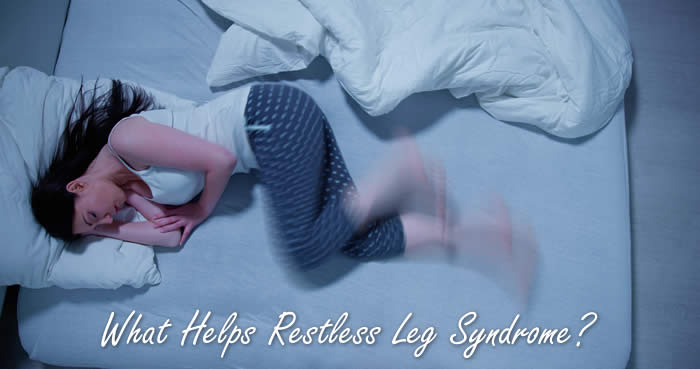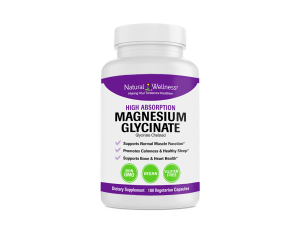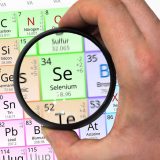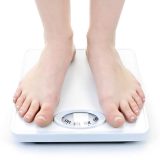

A 2023 study found that 11% of adults globally deal with restless legs syndrome, also known as Willis-Ekbom disease. (1) This research also noted that it appears to impact females slightly more frequently than males at 11% and 7% respectively.
If you’ve been diagnosed with this condition—or think you may have it—you might be looking for relief from the unrelenting urge to continuously move your legs when resting or trying to sleep. Here we share various restless leg syndrome treatment options, including medications for restless leg syndrome and more natural alternatives.
Restless Leg Syndrome Treatment Options
Research indicates that other than physically moving your legs, taking medication for restless leg syndrome often helps reduce symptoms, along with generally being well tolerated. (2) Although, it may take a trial-and-error process to determine which medication works best for you.
Restless legs syndrome medication options typically fall into one of these categories: (3)
- Anti-seizure drugs such as gabapentin enacarbil and pregabalin
- Dopaminergic agents such as ropinirole, pramipexole, and rotigotine
- Benzodiazepines such as clonazepam and lorazepam
- Opioids such as codeine, hydrocodone, oxycodone, and methadone (these drugs may be prescribed when restless leg syndrome symptoms are severe)
Each of these categories of medicine works in different ways. For example, anti-seizure drugs help relieve restless legs by decreasing sense-based disturbances and reducing nerve pain. Dopaminergic agents increase dopamine levels in the brain. This can be helpful because restless legs syndrome has been associated with decreased connectivity in dopaminergic pathways, some of which are involved in movement. (4)
Natural Treatment for Restless Leg Syndrome
Taking a restless leg syndrome medication isn’t the only option for managing the discomfort associated with this condition. If you’re interested in a more natural treatment remedy, several exist.
The National Institute of Neurological Disorders and Stroke suggests the following lifestyle modifications for easing mild to moderate restless legs syndrome: (3)

- Limiting or eliminating caffeine, alcohol, and nicotine
- Getting regular moderate-intensity exercise which includes leg stretches
- Developing a consistent sleep schedule
- Massaging the leg muscles
- Using ice or heat
- Trying certain products designed to reduce restless legs syndrome, such as foot wraps and vibration pads
Dietary Supplements for Restless Legs Syndrome
Dietary supplements may be helpful for reducing restless legs as well. One of the most well-accepted causes of this syndrome is an iron deficiency in the brain. This deficiency is thought to lead to changes in neurotransmitters, ultimately changing the way the body uses dopamine. (5) Thus, increasing iron intake may provide relief in people with deficient levels.
Iron
The Office of Dietary Supplements (ODS) recommends that adult men get 8 mg of iron per day, with women aged 19 to 50 needing 18 mg daily. (6) If you’re not getting the recommended amount through iron-rich foods such as lean meat, beans, lentils, nuts, and iron-fortified breads and cereals, an iron supplement can help fill the gap.
Magnesium
Other studies have found that magnesium deficiency may also play a role in restless legs syndrome development and that taking a supplement offers positive benefits. (7) These benefits may be especially helpful for individuals who are pregnant, as those experiencing restless legs during this time frame often have lower magnesium levels. (8)
The ODS recommends that adult males get between 400 mg and 420 mg of magnesium daily, and that adult females get 310 mg to 320 mg of magnesium per day. The recommendation for pregnant women is 350 mg to 360 mg per day, with pregnant teens needing more at 400 mg daily. (9)
 If you’d like to increase your magnesium intake, Natural Wellness offers a magnesium glycinate supplement. Just like with other Natural Wellness dietary supplements, this product is manufactured in the U.S.A. in an FDA Registered Facility using Current Good Manufacturing Practices (cGMP).
If you’d like to increase your magnesium intake, Natural Wellness offers a magnesium glycinate supplement. Just like with other Natural Wellness dietary supplements, this product is manufactured in the U.S.A. in an FDA Registered Facility using Current Good Manufacturing Practices (cGMP).




